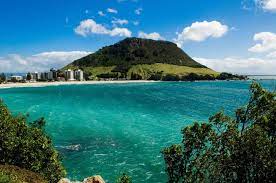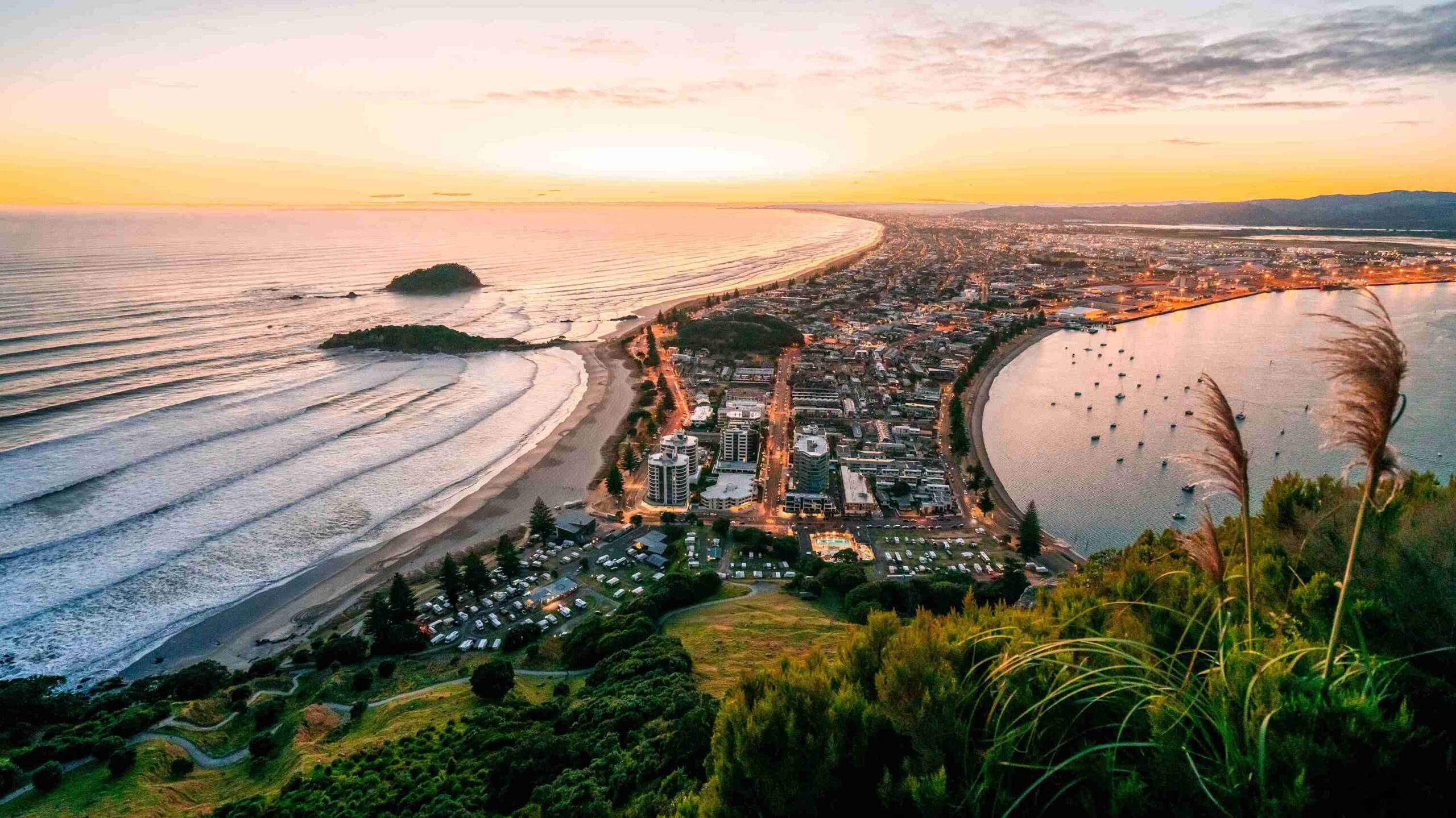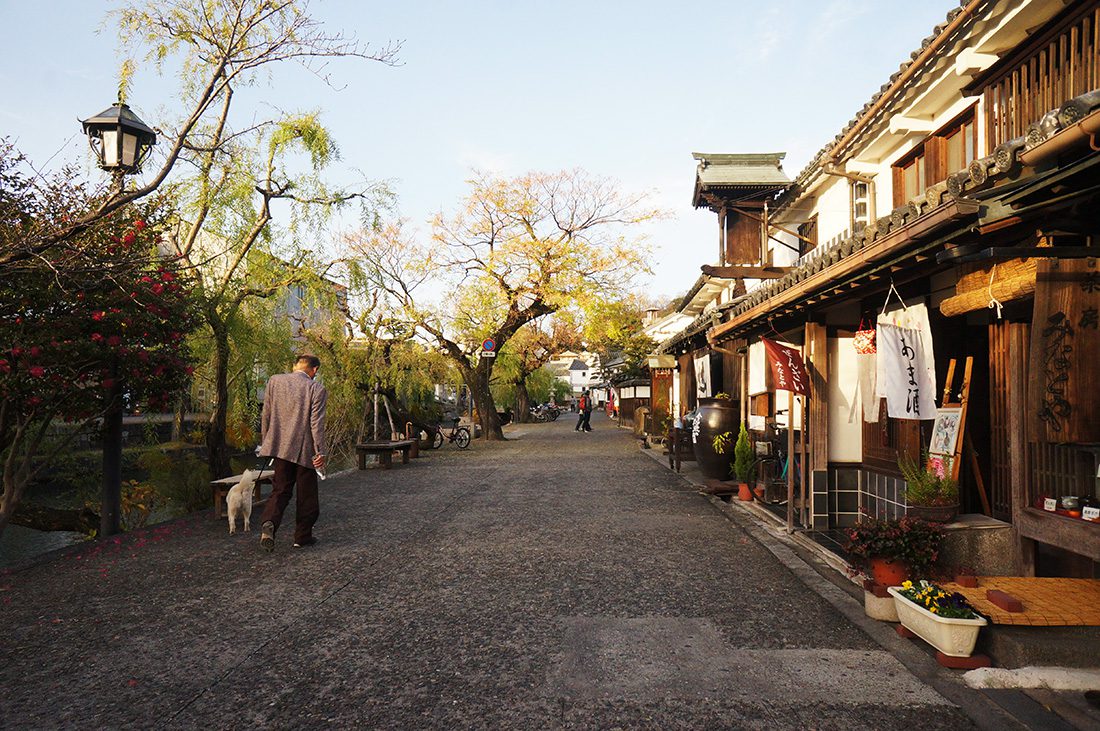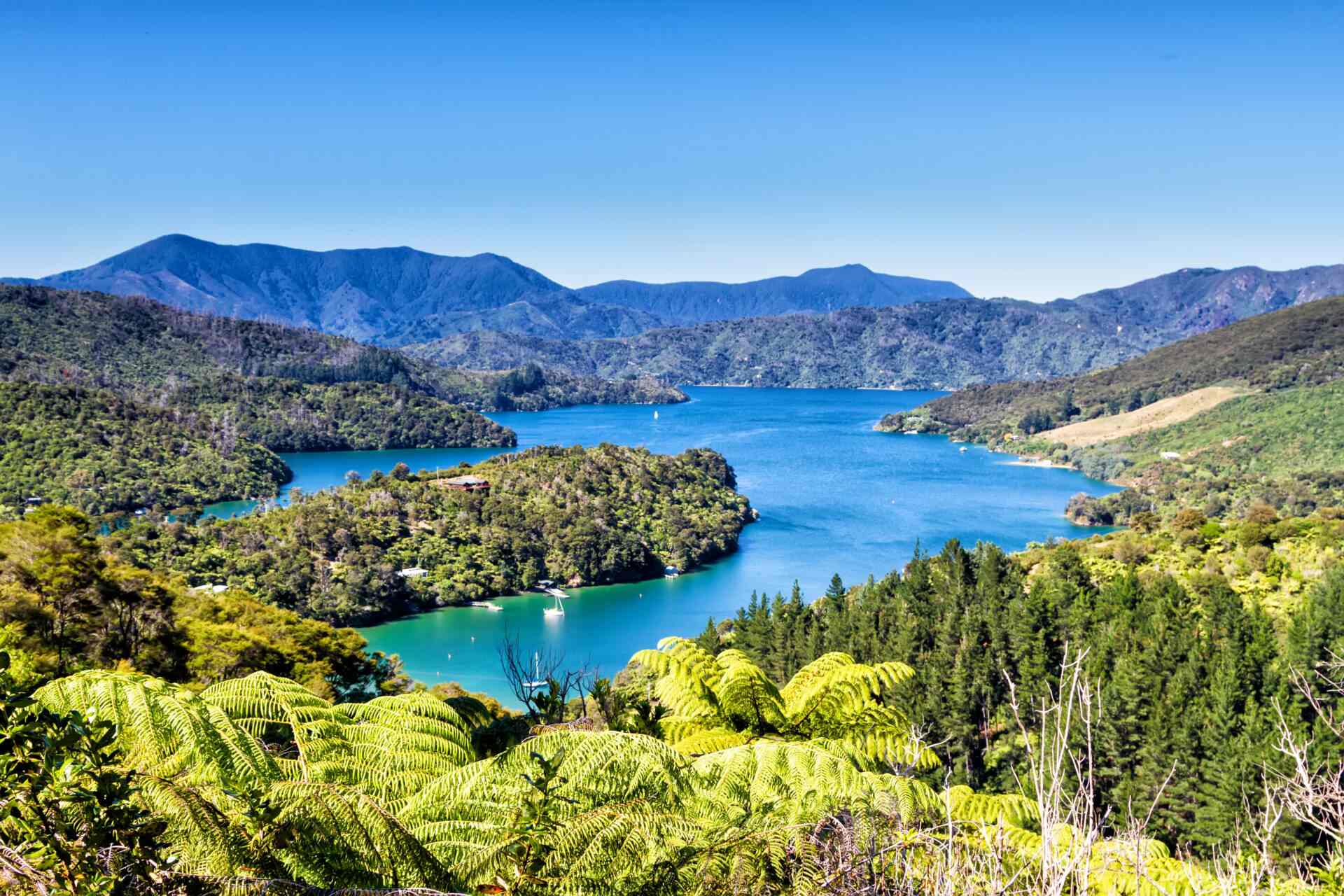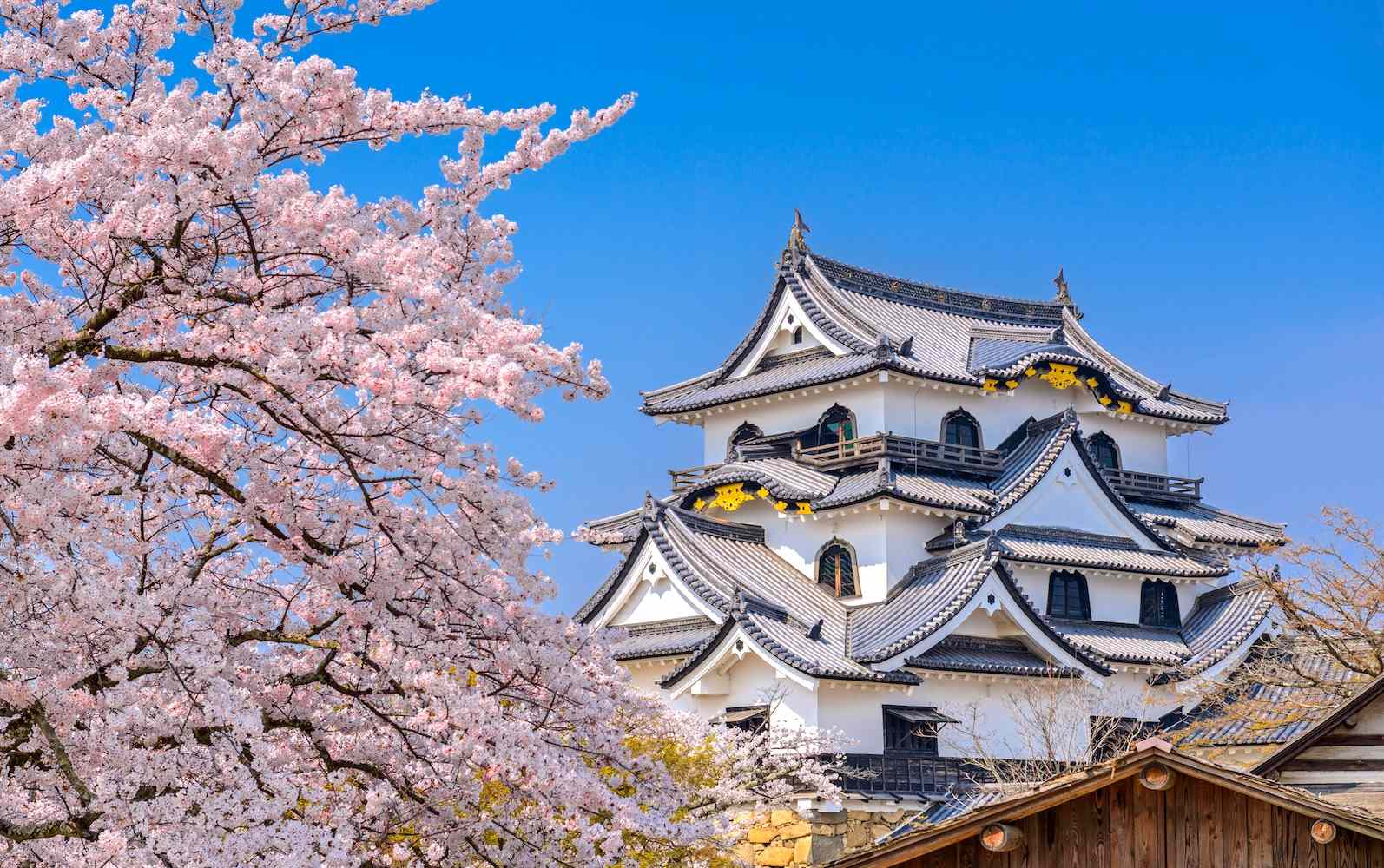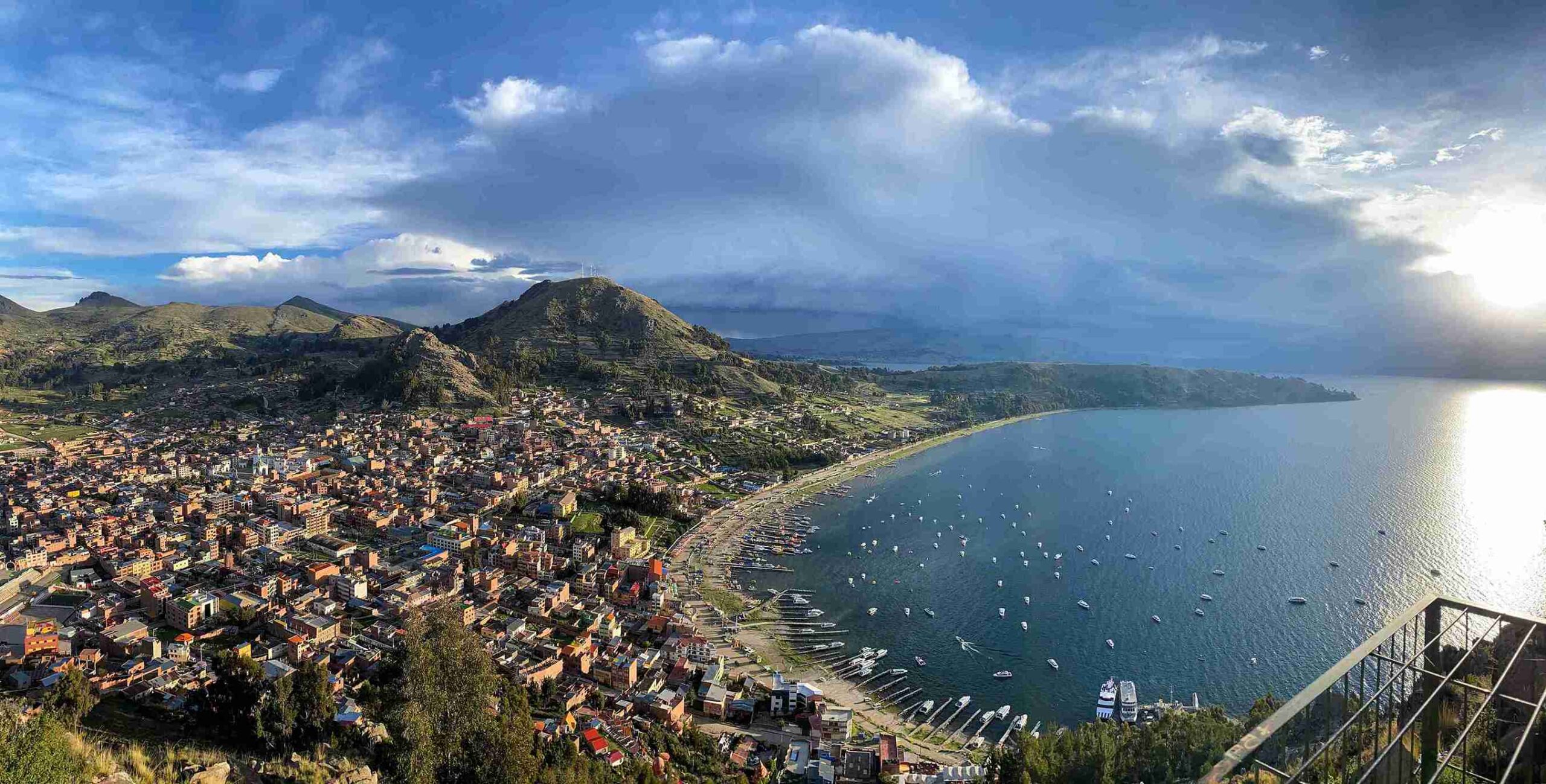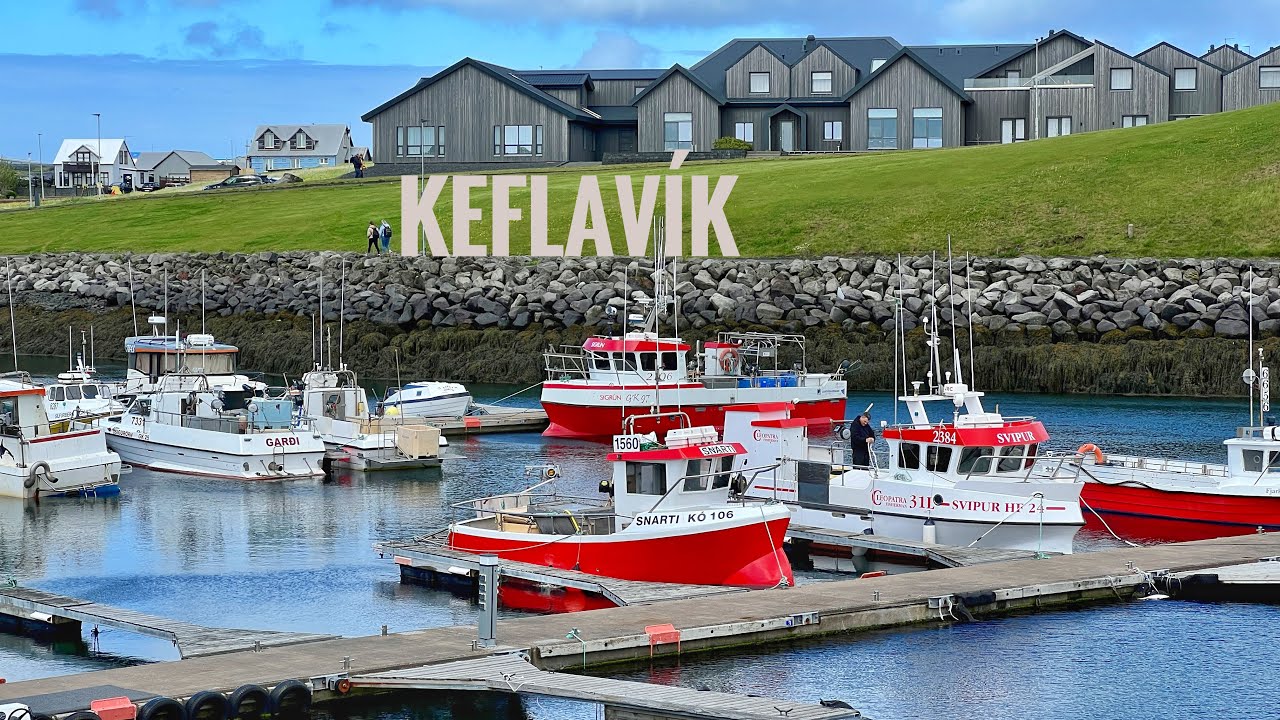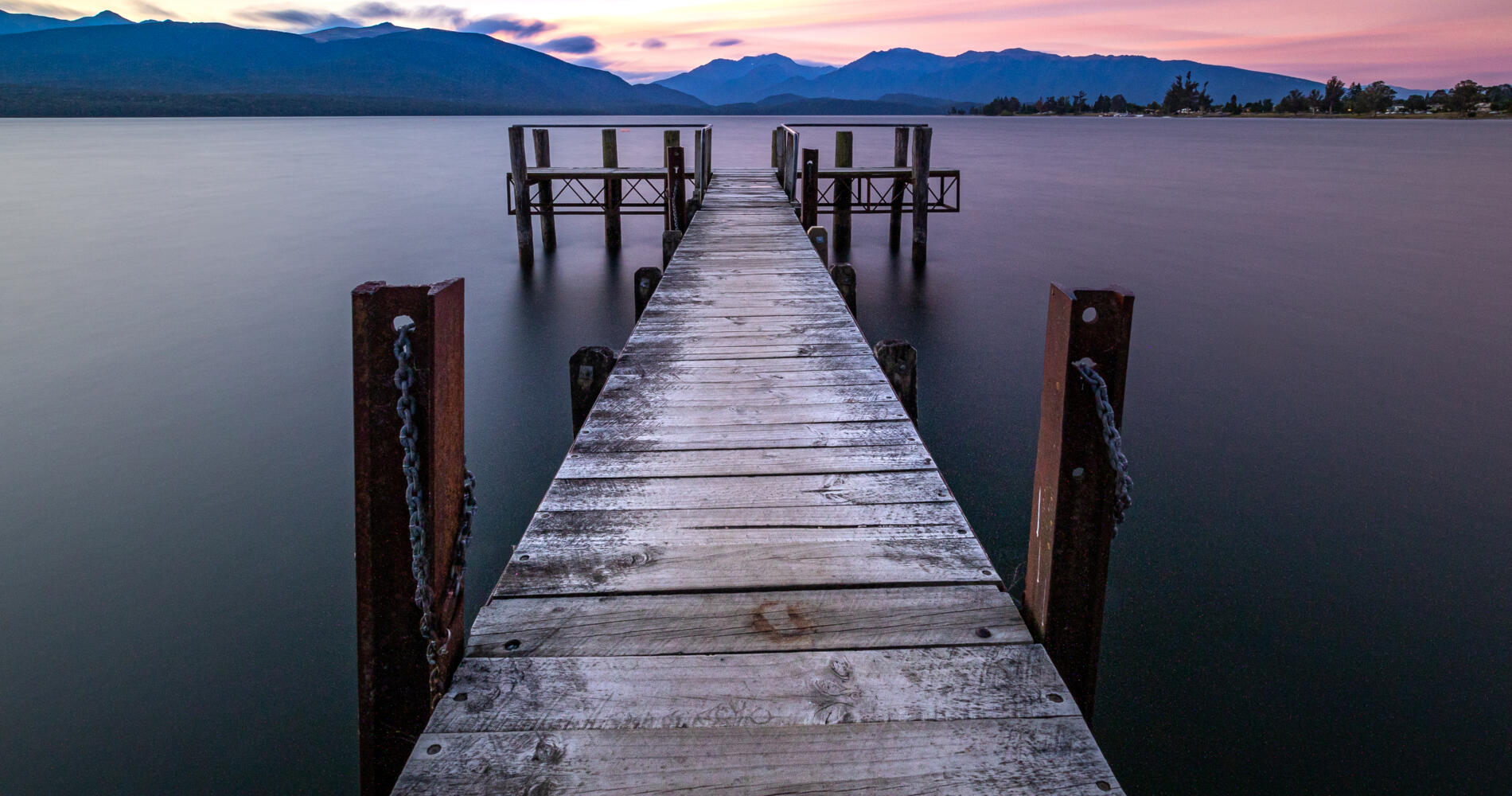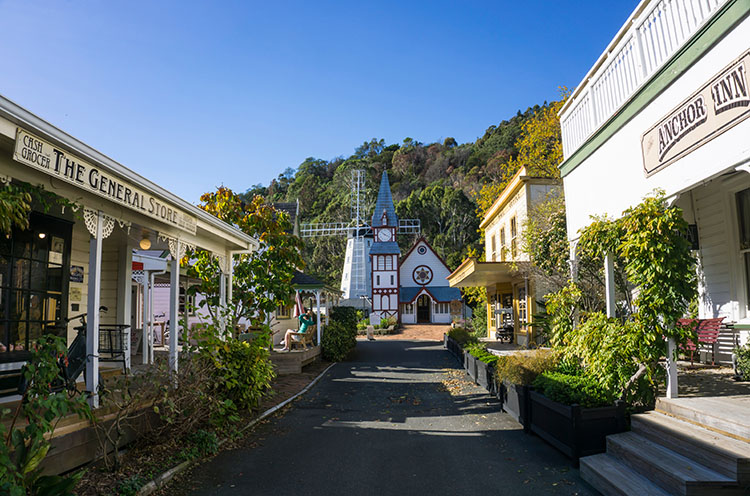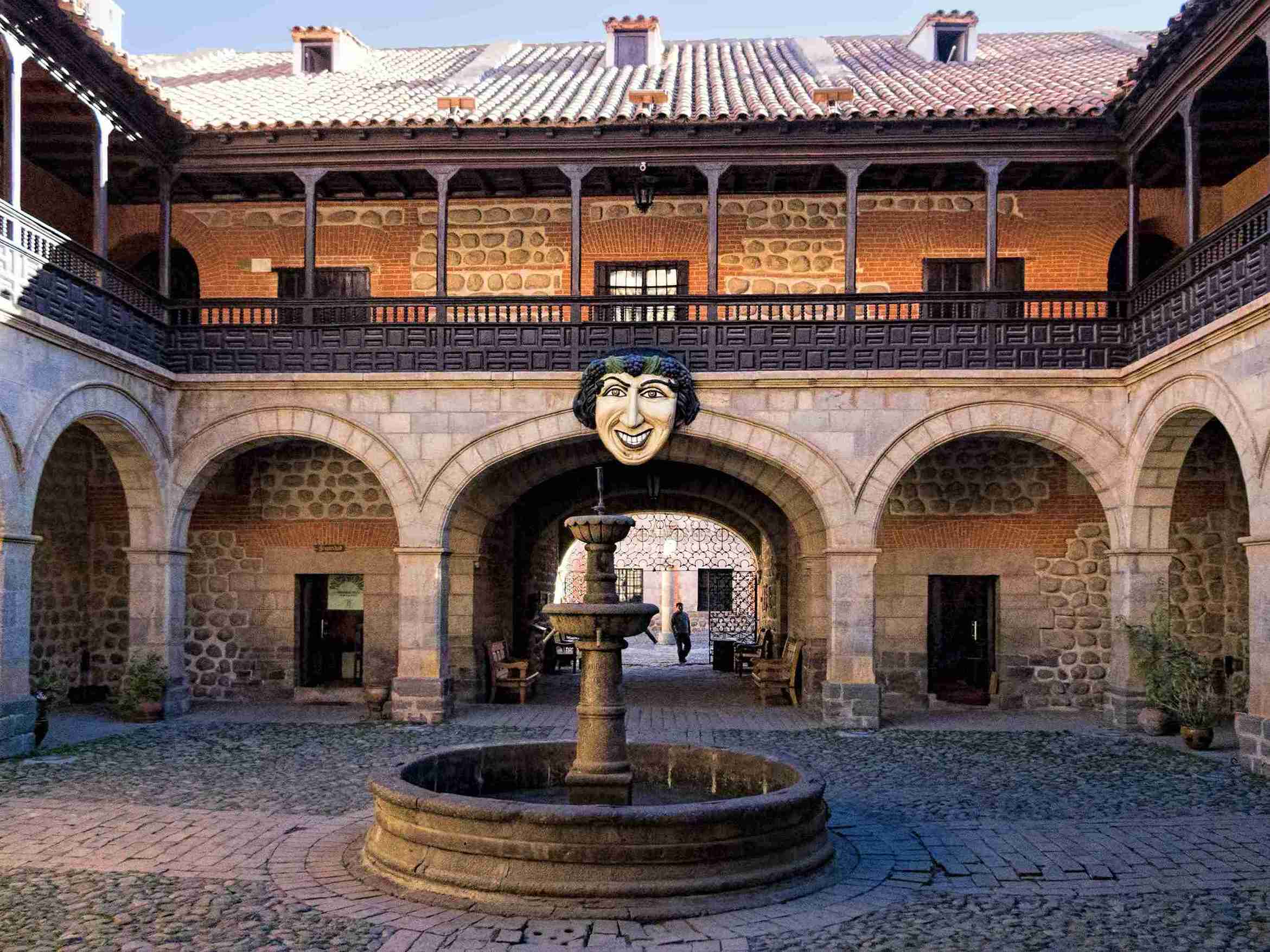Tunis, Tunisia – Travel Tips
Category
Categories
Popular Articles
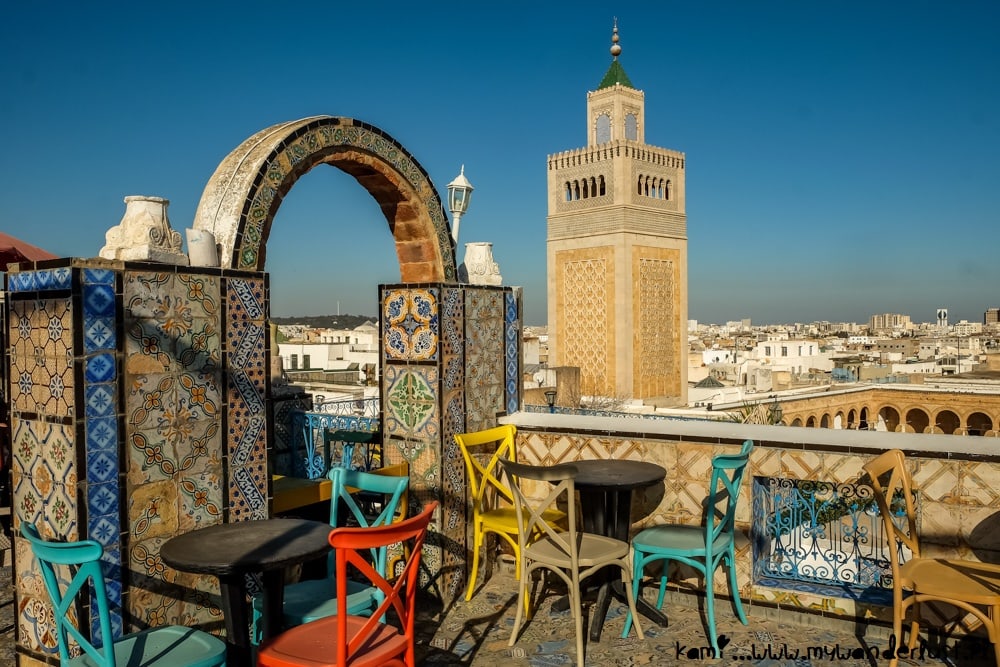
**Overview of the Destination**
Tunis, the capital city of Tunisia, is a vibrant and fascinating place that’s a blend of the ancient and the modern. Known for its rich history, unique architecture, and incredible cuisine, Tunis is truly a gem in North Africa. It is famous for its medina, a UNESCO World Heritage Site, its stunning coastline, and its vibrant arts and culture scene. This city bridges the gap between Africa and Europe, making it a culturally rich and diverse destination worth exploring.
**Best Time to Visit**
The best time to visit Tunis is from April to June and from September to October when the weather is pleasant and comfortable. The peak season is from July to August, which is the summer season, so expect larger crowds and higher prices during this time. If you prefer a quieter atmosphere, the off-season from November to March could be a viable option, but be prepared for cooler temperatures. Ramadan, which varies each year, is a major event in the country. It can affect the opening hours of attractions and availability of food during the day.
**Climate & What to Pack**
Tunis has a Mediterranean climate with dry, warm summers and mild, wet winters. During summer, lightweight, breathable clothing is recommended. If you’re planning to visit religious sites, remember to pack modest clothing as a respect to the local culture. On the other hand, the winter months can get a bit chilly, so pack layers. Always bring a good pair of comfortable walking shoes since you’ll be exploring a lot on foot.
**Getting There**
The nearest major airport is Tunis-Carthage International Airport, located about 8 kilometers from the city center. There are taxis available at the airport, and you can also arrange for a private transfer to your accommodation. Almost all nationalities need a visa to visit Tunisia, and it’s advisable to check the exact requirements based on your country of residence before travel.
**Getting Around Locally**
Public transportation options in Tunis include buses, trams, and a metro system. Taxis are also readily available and are a convenient but slightly costlier way to travel around. Car rentals are available, but note that driving in Tunis can be a bit chaotic. If you prefer walking, the city center is quite pedestrian-friendly.
**Safety Tips**
Tunis is generally safe to visit, but as with any travel destination, common sense precautions should be taken. Avoid isolated areas after dark, and be aware that some parts of the Medina can be confusing to navigate. It’s also advised to haggle while shopping to avoid being overcharged. Women traveling alone should dress modestly and might receive some unwanted attention but nothing that should cause major concern.
**Top Things to Do & See**
In Tunis, you can explore the old-world charm of the Medina, the Bardo Museum with its stunning collection of mosaics, and the ancient ruins of Carthage. Don’t miss out on visiting Sidi Bou Said, a blue-and-white village famed for its stunning views over the Mediterranean. For a true Tunisian experience, grab a mint tea at a local café and watch the world go by.
**Where to Stay**
For luxury stays, consider The Residence Tunis and Palais Bayram, which offer stunning views and top-notch amenities. Mid-range options like Carlton Hotel and The Royal Victoria offer good value for money, while budget travelers might prefer hostels like Hotel Roma or Hotel Tiba. The Medina is an excellent area to stay for its proximity to attractions, while neighborhoods like Sidi Bou Said and La Marsa offer more tranquillity.
**Food & Local Cuisine**
Tunisian cuisine is a delightful mix of Mediterranean flavors. Do try out the ‘Brik’ (a delicate pastry filled with egg), ‘Couscous’ (a staple dish), and ‘Chorba’ (a hearty soup). Traditional Tunisian meals are eaten with the hand, and local dining etiquette prescribes washing hands before meals. Cafés, restaurants, and street food stalls can be found at every corner in Tunis.
**Cultural & Practical Tips**
The local currency is the Tunisian dinar, and Arabic is the official language, though French is also widely spoken. Tipping is customary in Tunisia, usually around 10% of the bill. The standard voltage is 230V, with European-style plugs. Wi-Fi is available in most hotels and cafés. Lastly, always carry some bottled water with you, as tap water is not always safe to drink.
**Sustainable or Responsible Travel Tips**
Support local businesses by purchasing handmade souvenirs, eating at local restaurants and hiring local guides. Always ask for permission before taking photographs of people or their property. Try to leave places as you found them, and use water sparingly as Tunisia often experiences water shortages.
**Final Travel Tip**
Tunis is much more than just a city. It’s a diverse tapestry of history, culture, and flavors. Explore it without rushing, soak in its vibrant energy and let it surprise you. You’re sure to leave with countless unforgettable memories and a deeper understanding of the Tunisian way of life. Happy travels!

